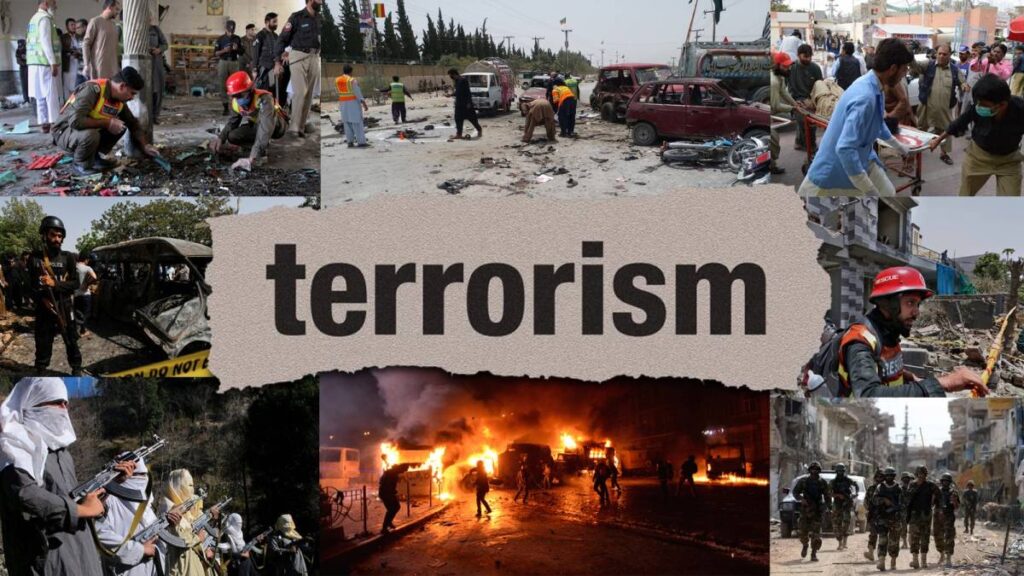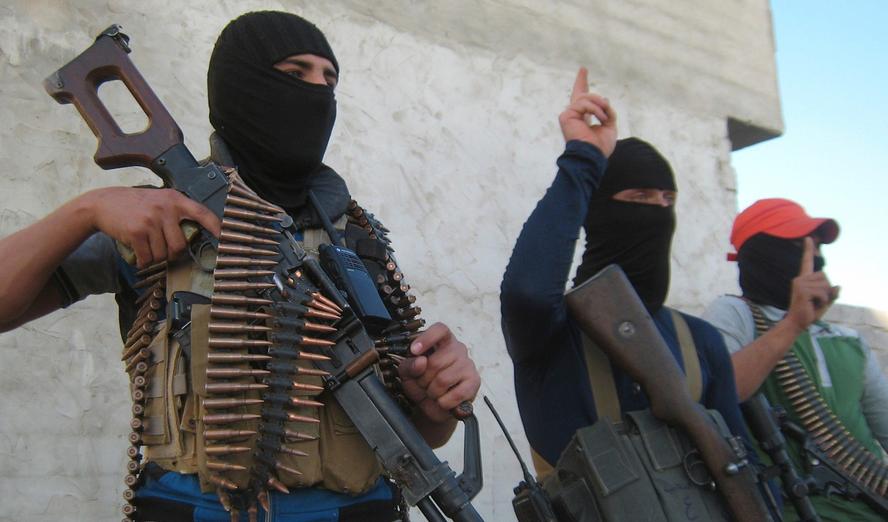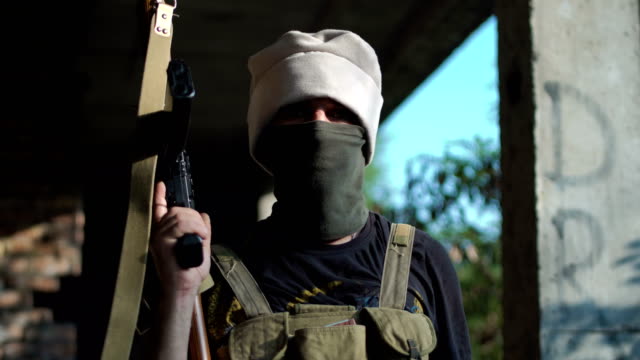Today, we gather to confront one of the most pressing challenges facing humanity: terrorism. Terrorism, with its insidious tendrils, seeks to sow fear, division, and chaos in our societies. It transcends borders, ideologies, and cultures, striking at the very heart of our values and freedoms. Yet, in the face of this menace, we must stand resolute, united in our determination to combat terrorism in all its forms.

Terrorism is not a new phenomenon, but its manifestations have evolved over time. From the anarchism of the late 19th century to the religious extremism of the modern era, terrorists have employed a range of tactics to achieve their objectives. Whether through suicide bombings, mass shootings, or cyber-attacks, their aim remains the same: to spread fear and incite violence.
But let us be clear: terrorism is not born out of ideology alone. It thrives in environments of conflict, oppression, and injustice. It preys on the vulnerable, exploiting grievances and manipulating the disillusioned. Therefore, to effectively combat terrorism, we must address its root causes. We must work tirelessly to promote peace, social justice, and economic opportunity for all.
Moreover, we cannot confront terrorism in isolation. It is a global phenomenon that demands a coordinated, multilateral response. We must strengthen international cooperation, sharing intelligence, resources, and best practices to disrupt terrorist networks and prevent future attacks. We must hold accountable those who provide support and sanctuary to terrorists, denying them the safe havens they require to operate with impunity.
But our response to terrorism must also be principled and just. We must uphold the rule of law, safeguarding civil liberties and human rights even in the face of adversity. We must reject the false dichotomy between security and freedom, recognizing that they are not mutually exclusive but rather mutually reinforcing.
In this fight against terrorism, we must also harness the power of ideas. We must challenge the narratives of hate and division propagated by terrorists, promoting instead a message of tolerance, understanding, and unity. We must empower communities to reject extremism and embrace the values of peace, diversity, and inclusion.

My fellow citizens, the road ahead will not be easy. The threat of terrorism is persistent and ever-evolving. But let us draw strength from our collective resolve, knowing that together, we are stronger than any terrorist ideology. Let us stand shoulder to shoulder, across borders and boundaries, in defense of our shared humanity.
In closing, let us remember the victims of terrorism, whose lives were cut short by senseless violence. Let us honor their memory by redoubling our efforts to build a world free from fear and hatred. And let us reaffirm our commitment to the values that define us: liberty, justice, and peace.
Thank you.
Ladies and gentlemen,
Today, we gather to confront one of the most pressing challenges facing humanity: terrorism. Terrorism, with its insidious tendrils, seeks to sow fear, division, and chaos in our societies. It transcends borders, ideologies, and cultures, striking at the very heart of our values and freedoms. Yet, in the face of this menace, we must stand resolute, united in our determination to combat terrorism in all its forms.
Terrorism is not a new phenomenon, but its manifestations have evolved over time. From the anarchism of the late 19th century to the religious extremism of the modern era, terrorists have employed a range of tactics to achieve their objectives. Whether through suicide bombings, mass shootings, or cyber-attacks, their aim remains the same: to spread fear and incite violence.
But let us be clear: terrorism is not born out of ideology alone. It thrives in environments of conflict, oppression, and injustice. It preys on the vulnerable, exploiting grievances and manipulating the disillusioned. Therefore, to effectively combat terrorism, we must address its root causes. We must work tirelessly to promote peace, social justice, and economic opportunity for all.
Moreover, we cannot confront terrorism in isolation. It is a global phenomenon that demands a coordinated, multilateral response. We must strengthen international cooperation, sharing intelligence, resources, and best practices to disrupt terrorist networks and prevent future attacks. We must hold accountable those who provide support and sanctuary to terrorists, denying them the safe havens they require to operate with impunity.
But our response to terrorism must also be principled and just. We must uphold the rule of law, safeguarding civil liberties and human rights even in the face of adversity. We must reject the false dichotomy between security and freedom, recognizing that they are not mutually exclusive but rather mutually reinforcing.
In this fight against terrorism, we must also harness the power of ideas. We must challenge the narratives of hate and division propagated by terrorists, promoting instead a message of tolerance, understanding, and unity. We must empower communities to reject extremism and embrace the values of peace, diversity, and inclusion.

My fellow citizens, the road ahead will not be easy. The threat of terrorism is persistent and ever-evolving. But let us draw strength from our collective resolve, knowing that together, we are stronger than any terrorist ideology. Let us stand shoulder to shoulder, across borders and boundaries, in defense of our shared humanity.
In closing, let us remember the victims of terrorism, whose lives were cut short by senseless violence. Let us honor their memory by redoubling our efforts to build a world free from fear and hatred. And let us reaffirm our commitment to the values that define us: liberty, justice, and peace.
Thank you.


